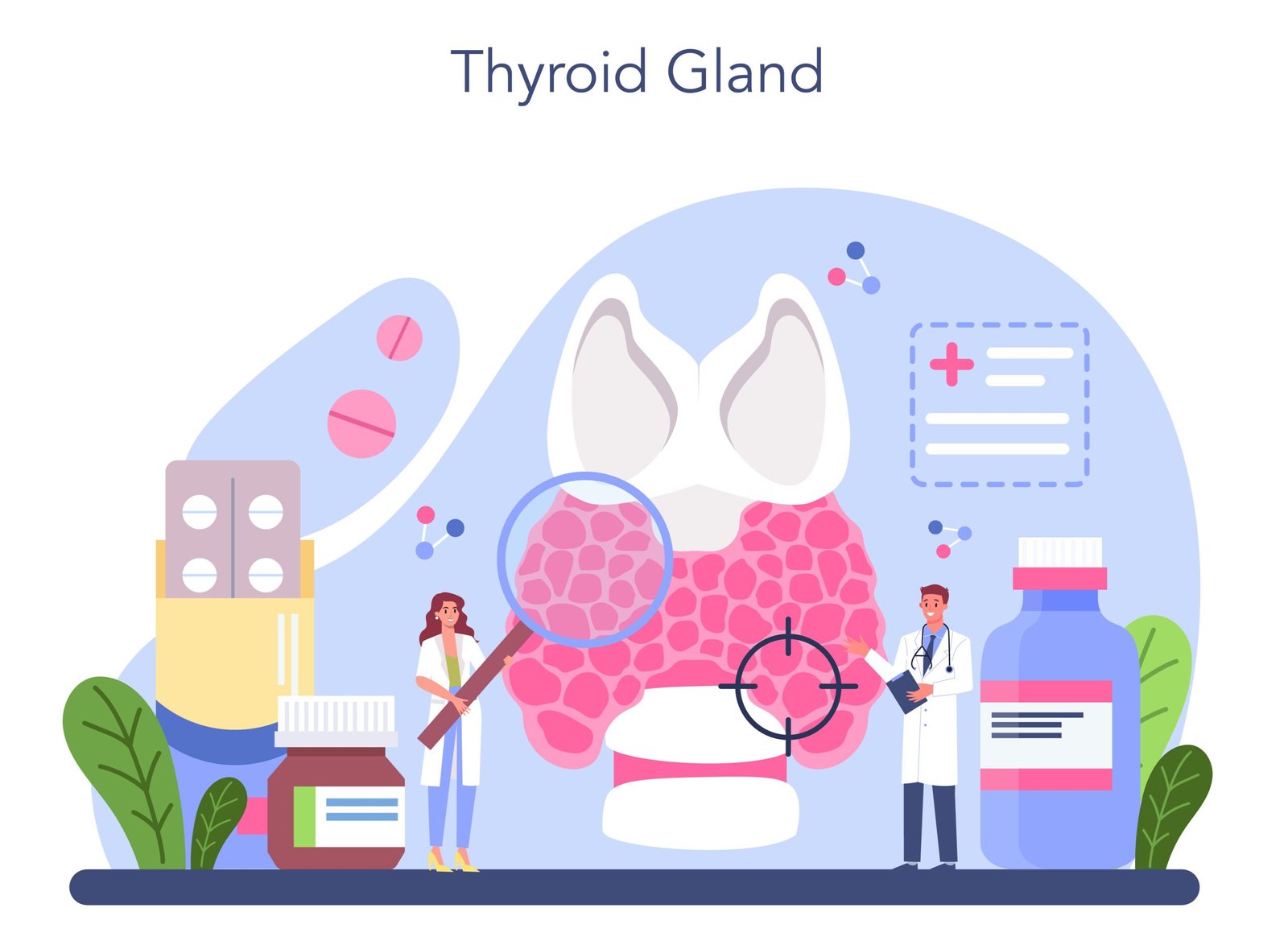As mentioned in our previous blog, diet and nutrition alone cannot cure Hashimoto’s thyroiditis. Nonetheless, they can play a significant role in managing the condition and alleviating some of its symptoms.
Here are some dietary and nutritional considerations for managing Hashimoto’s thyroiditis:
Iodine intake: It’s essential to strike a balance in iodine consumption. Excessive iodine can exacerbate thyroid inflammation in individuals with Hashimoto’s thyroiditis. On the other hand, iodine deficiency can also be a problem, so it’s important to get the right amount of iodine. The recommended daily intake for adults is around 150 micrograms. Seafood, iodized salt, and dairy products are good sources of iodine.
Selenium: Selenium is a trace mineral that may have a protective effect on the thyroid gland. Some studies suggest that selenium supplementation may help reduce inflammation and improve thyroid function in individuals with Hashimoto’s thyroiditis. Foods rich in selenium include Brazil nuts, sunflower seeds, and certain seafood like sardines and tuna.
Gluten: Some individuals with Hashimoto’s thyroiditis may have gluten sensitivity or celiac disease. Eliminating gluten from the diet may reduce inflammation and autoimmune activity. This is known as a gluten-free diet. However, not everyone with Hashimoto’s will benefit from a gluten-free diet, so it’s essential to consult with a healthcare professional or a registered dietitian before making significant dietary changes.
Dairy and lactose: Some individuals with Hashimoto’s thyroiditis may also be lactose intolerant. Reducing or eliminating dairy products can help manage digestive symptoms and potentially reduce inflammation. Lactose-free dairy alternatives are available.
Balanced diet: Eating a well-balanced diet rich in fruits, vegetables, lean proteins, and whole grains can help support overall health and provide essential nutrients. A diverse diet ensures you get a wide range of vitamins and minerals necessary for optimal thyroid function.
Limiting processed foods: Processed foods often contain additives, preservatives, and unhealthy fats that may contribute to inflammation. Reducing your consumption of processed and sugary foods can be beneficial.
Fatty acids: Omega-3 fatty acids, found in fatty fish (e.g., salmon, mackerel), flaxseeds, and walnuts, have anti-inflammatory properties and may help reduce inflammation associated with autoimmune conditions like Hashimoto’s thyroiditis.
Vitamin D: Adequate vitamin D levels are essential for immune function and overall health. Some studies suggest a connection between vitamin D deficiency and autoimmune thyroid diseases. Getting enough sunlight or taking vitamin D supplements as recommended by a healthcare professional may be beneficial.
It’s crucial to remember that the impact of diet and nutrition on Hashimoto’s thyroiditis can vary from person to person. Individualized guidance is essential to develop a dietary plan tailored to your specific needs and to monitor your progress effectively. Additionally, any significant dietary changes should be discussed with your healthcare provider to ensure they are safe and appropriate for your condition.
References:
Winther KH, Bonnema SJ, Cold F, Debrabant B, Nybo M, Cold S, Hegedüs L. “Does selenium supplementation affect thyroid function?” Eur J Endocrinol. 2015;172(6):R165-71.
Virili C, Bassotti G, Santaguida MG, et al. “Atypical celiac disease as cause of increased need for thyroxine: a systematic study.” J Clin Endocrinol Metab. 2012;97(3):E419-22.
Duntas LH, Benvenga S. “Seafood iodine content and type 2 amiodarone-induced thyrotoxicosis.” Am J Med. 2013;126(12):1143-1144.
Tamer G, Arik S, Tamer I, Coksert D. “Relative vitamin D insufficiency in Hashimoto’s thyroiditis.” Thyroid. 2011;21(8):891-896.


